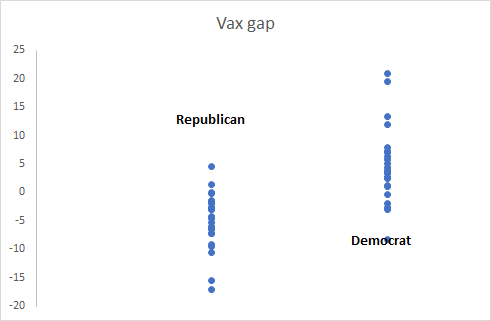
Am curious about "Street Votes", which seems like a nice little policy.
What is the theory behind the idea that it might be amazing for *growth*? I hope it is not "more construction activity" ... is it through allocation? More people able to live in more productive places? 1/
What is the theory behind the idea that it might be amazing for *growth*? I hope it is not "more construction activity" ... is it through allocation? More people able to live in more productive places? 1/
Suppose the policy knocked the lights out and delivered 100,000 more dwelling places in 5 years in highly productive urban locations.
Then that allowed the people affected to earn 20% more, call it £6000.
That's a one-off rise of £600m in GVA. Nice ... but 0.03% of GDP 2/
Then that allowed the people affected to earn 20% more, call it £6000.
That's a one-off rise of £600m in GVA. Nice ... but 0.03% of GDP 2/
As for construction activity, 20,000 more dwelling places/year, finger in the air, that's £1bn of GVA. Sounds a lot - but with construction facing supply capacity limits, I am not sure extra demand here = growth. May be wrong? But it's also one-off 3/
This doesn't mean it is a bad idea. These are really big numbers! Any policymaker who came up with an idea that raised GVA by £100m has justified her whole career. It's just ... the growth question is one that runs to the recurring tens of billions. 4/4
• • •
Missing some Tweet in this thread? You can try to
force a refresh








